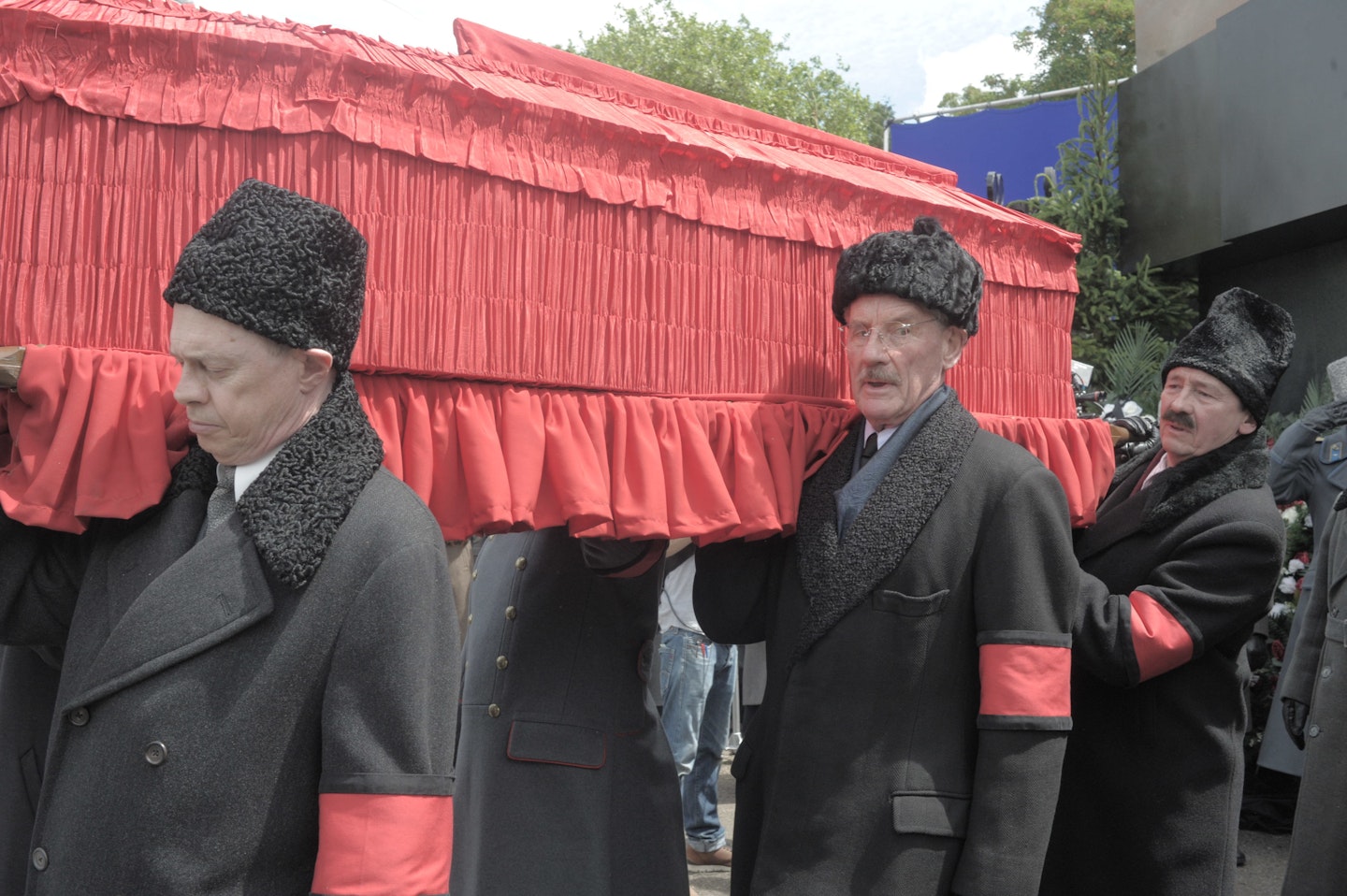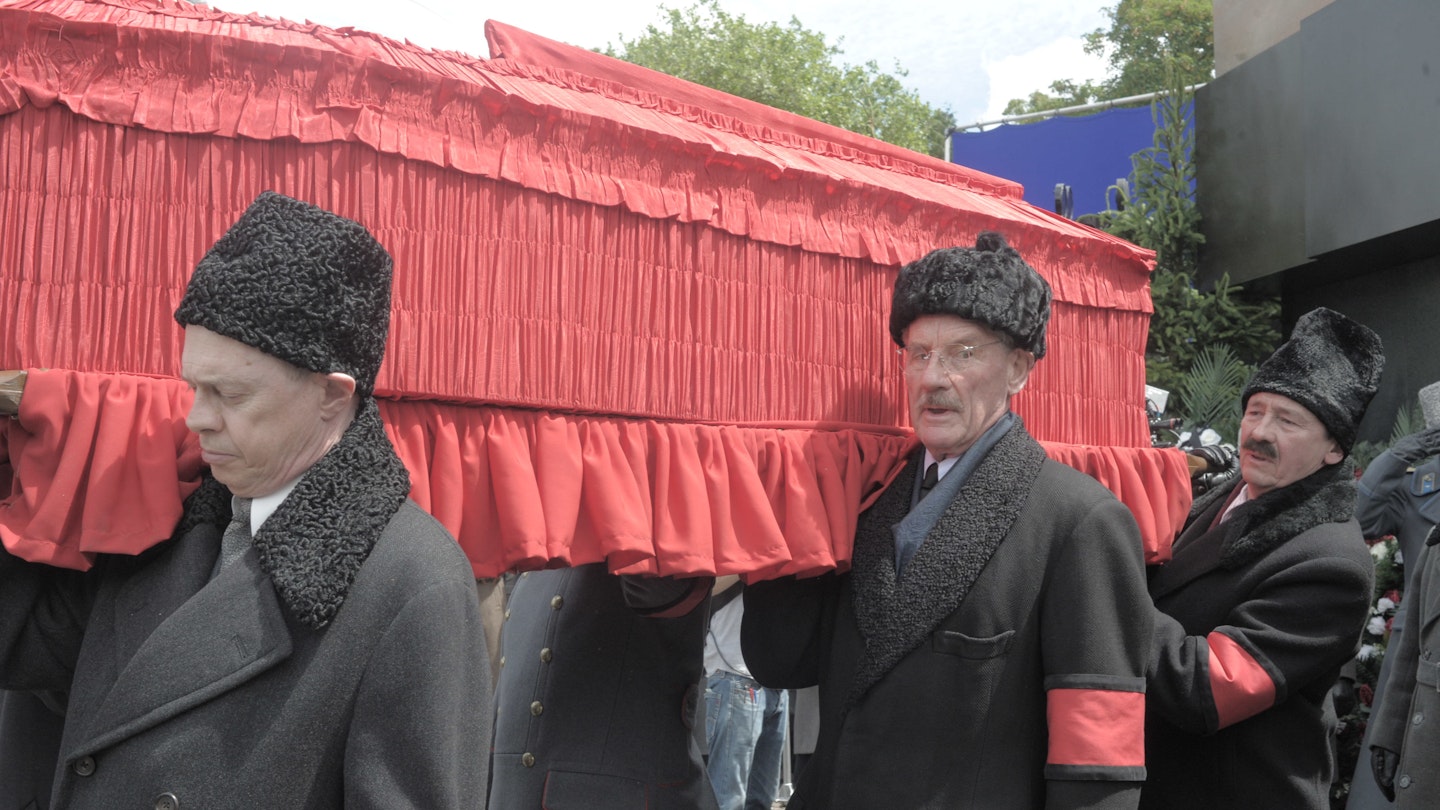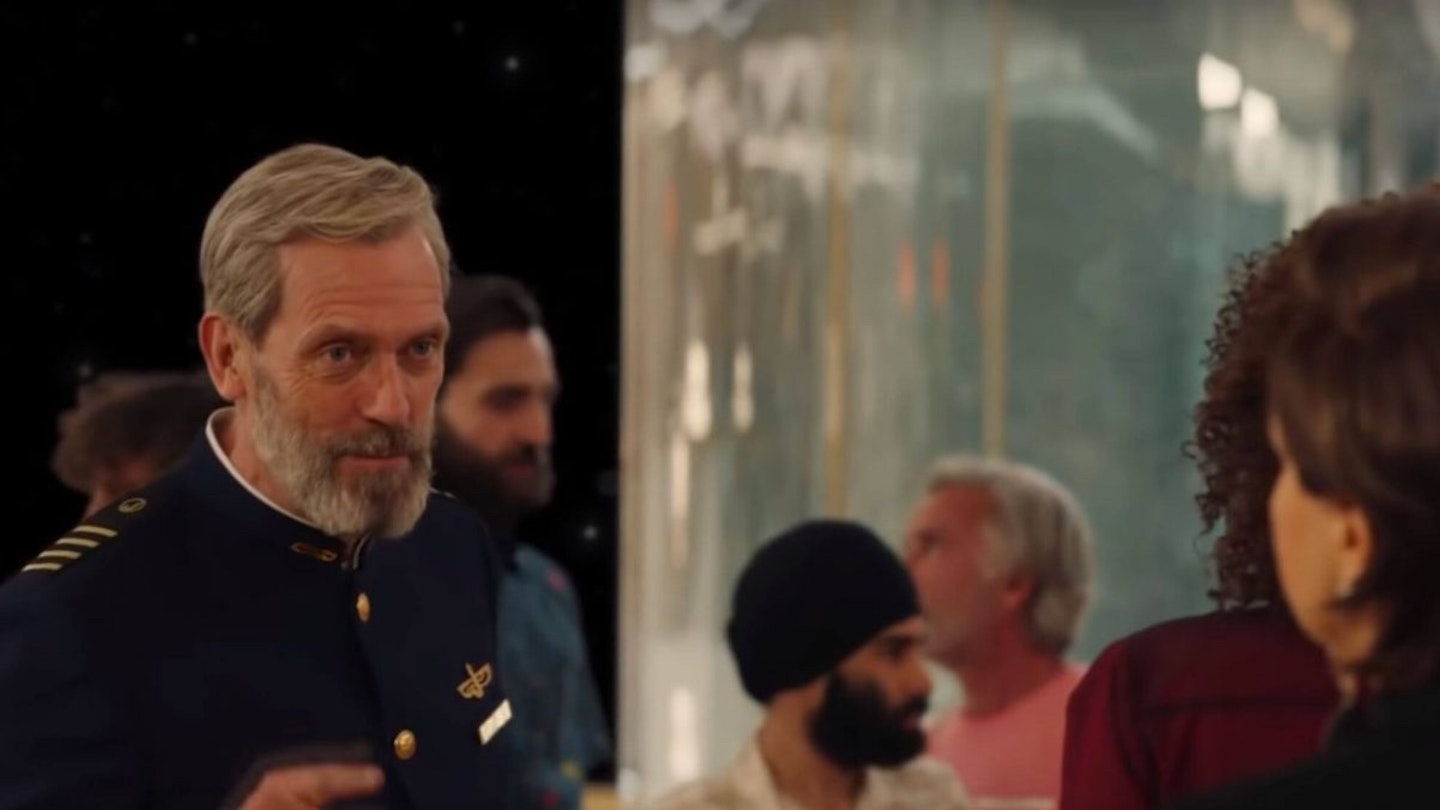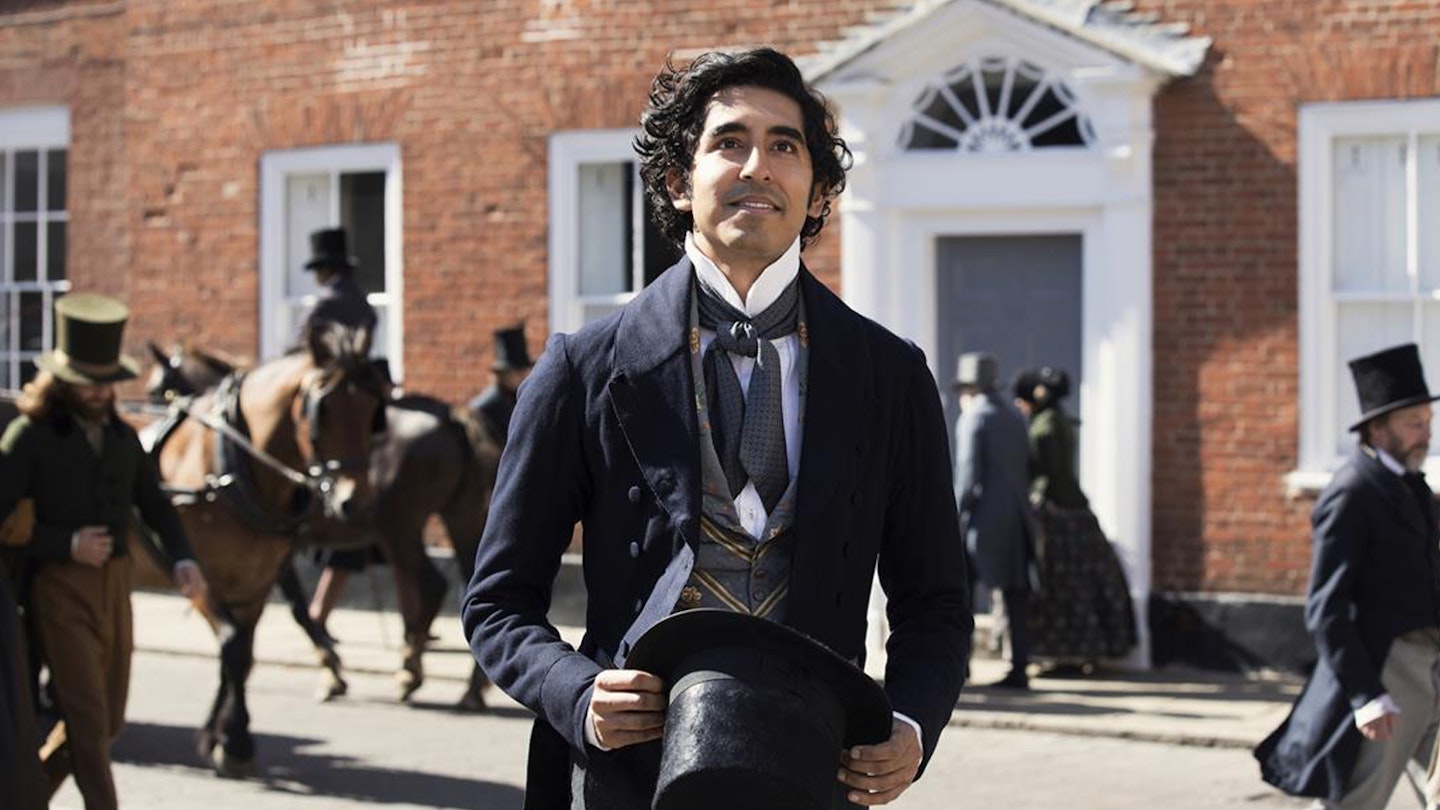Cabinet reshuffles. Campaign funding. Congressional hearings on governmental efficiencies. These are not subjects which naturally lend themselves to mirth, yet Armando Iannucci has long proven himself capable ofwringing laughs out of the stodgiest, most solemntopics imaginable. The Death Of Stalin, however, is his most impressive feat yet. After taking on Whitehall and Washington with TV shows The Thick Of It and Veep, the master satirist’s new film tackles not only a slice of real-life Russian history, but a ruthless dictatorwhose government was responsible for famine, labour camps and mass executions. Incredibly, the results are absolutely hilarious.
Armando Iannucci's most impressive feat yet.
Moscow in 1953 was not a happy place to be. Under the beady eye of the totalitarian regime, with bugs and secret police everywhere, the mood was one of rampant paranoia. The neighbour someone confided in might be an informant; in a flash, a guard could become a prisoner himself. All of which made it a nightmare to live through, but very fruitful terrain for some incredibly dark comedy. In Veep, the main players were trying to get ahead of each other in order to boost their reputations and win extra perks. The Death Of Stalin’s protagonists, on the other hand, are mostly just trying to stay alive. Even the most seemingly menial exchanges are fuelled by raw panic, spreading like a virus. In an early, scene-setting sequence, a concert-hall attendant played by Paddy Considine is commanded to provide Stalin with a concert recording that doesn’t exist. “Nobody’s going to be killed,” he frantically intones, looking profoundly uncertain that that’s the case. “This is just a musical emergency!”

Only the wiliest political operators are able to advance themselves in a climate this oppressive. And even by Iannucci’s standards, these power-hungry schemers are a vile and venal bunch. Jeffrey Tambor’s Malenkov is a preening, image-obsessed buffoon. Steve Buscemi’s Khrushchev is a verbose, nakedly ambitious weasel. Simon Russell Beale’s Beria is the worst of the lot, a slimy monster who’s raped and murdered countless Russians. The Fast Show’s Paul Whitehouse pops up as a bolshy Bolshevik. And this snakes' nest even has an actual Python, in the form of Michael Palin (Molotov), who brings a dash of Life Of Brian-esque silliness to a tremendously funny speech he delivers at a committee meeting. It’s a huge treat to see this unlikely ensemble interact, and one unhampered in the least by the fact there’s not a Russian accent to be heard — Jason Isaacs’ booming Yorkshire brogue as the macho war hero Zhukov is particularly, gloriously incongruous.
The comedy stems from the fact that, in this place and time, every word matters: dropping the wrong name, or laughing at the wrong joke, could result in your swift downfall. Iannucci and co-writers David Schneider and Ian Martin follow the broad plot strokes of the graphic novel the film is based on, but ramp up the sycophancy, cronyism and doublespeak, drawing out the inherent ludicrousness of each scenario. As the members of the Presidium vie to outscheme each other following Stalin’s demise, there’s an exhilarating precision to the dialogue, and fans of weapons-grade insults won’t be disappointed either. “I fucked Germany,” brags Zhukov at one point. “I think I can take a flesh lump in a fucking waistcoat.”
It’s full of absurdity, the kind of situations that only occur when too few people have too much power. But where The Death Of Stalin really hits home is in the moments when it drops the comedy and reveals what’s really at stake. A few scenes with Beria demonstrate, hauntingly, the depths of evil to which some will stoop when there are no checks or balances. And the film’s final ten minutes, as the laughs dry up and it lays out its bleak endgame, is a proper gutpuncher. For all its entertainingly abhorrent characters, it’s a deeply moral piece of work. Just one that has a corpse-moving scene straight out of a Blackpool panto.







